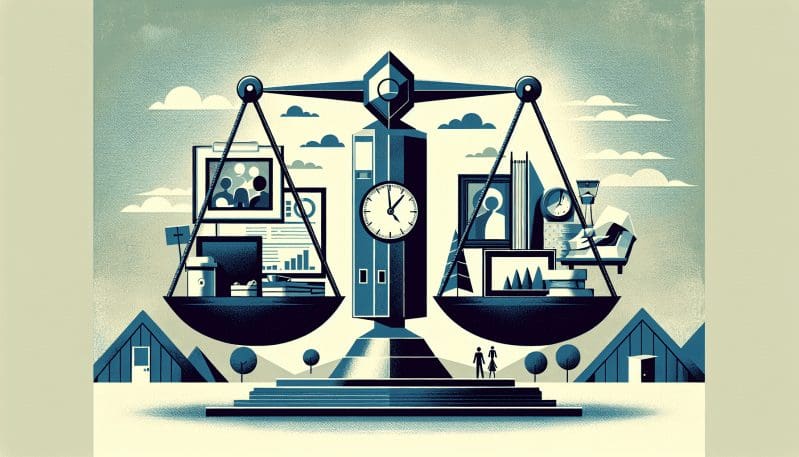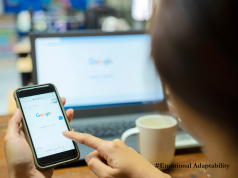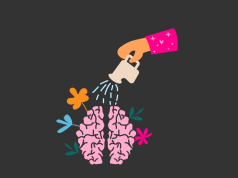In today’s fast-paced society, the concept of work-life balance has become a hot topic of discussion. Many individuals strive to achieve a harmonious integration of their professional and personal lives, but is work-life balance truly attainable or just an unrealistic expectation?
With long working hours, the pressure to constantly be available, and the ever-increasing demands of work, finding a balance between work and personal life has become more challenging than ever. The traditional notion of work-life balance, where one separates work and personal life into distinct categories, may no longer be feasible in today’s interconnected world.
The impact of long working hours and the constant need to be available can lead to burnout, both mentally and physically. These factors not only affect individual well-being but also have negative consequences for productivity and overall job satisfaction. It is crucial for individuals to recognize the importance of self-care and prioritize their mental and physical health.
Achieving a healthier work-life integration requires a shift in mindset. Instead of aiming to separate work and personal life, individuals should focus on finding ways to integrate these aspects in a way that aligns with their priorities and values. This might mean setting boundaries, delegating tasks, or adopting flexible work arrangements.
Additionally, organizations play a crucial role in creating a culture that prioritizes work-life balance and supports employee well-being. By implementing policies such as flexible working hours, remote work options, and offering wellness programs, companies can encourage a healthier work-life integration. Moreover, fostering a supportive and inclusive work environment where employees feel valued and heard is essential.
Self-care should not be viewed as a luxury but rather as a necessity for achieving work-life integration. Taking time for oneself, engaging in activities that promote relaxation and rejuvenation, and seeking support when needed are crucial steps in maintaining a healthy work-life balance.
In conclusion, the concept of work-life balance in today’s fast-paced society is challenging but not impossible to achieve. By redefining priorities and integrating work and personal life in a way that aligns with one’s values, individuals can strive for a healthier work-life integration. Organizations have a role to play in creating a supportive and inclusive culture that prioritizes work-life balance and employee well-being. Ultimately, it is crucial for individuals to prioritize self-care and recognize its significance in maintaining a sustainable work-life integration.




























